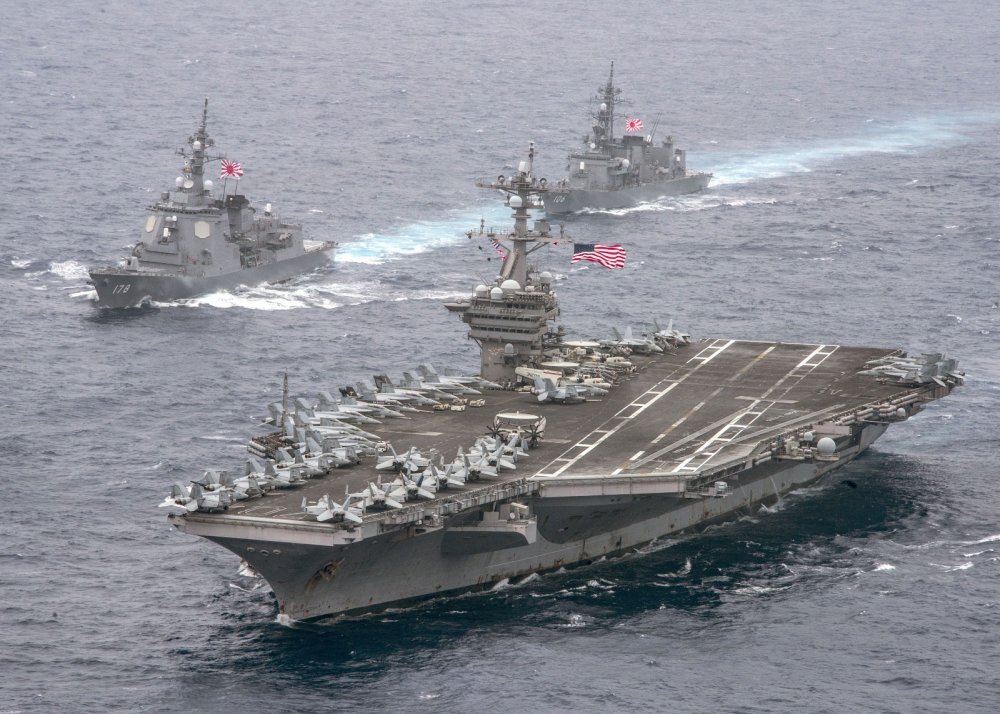By N. S. Venkataraman
 Bharat Petroleum Corporation (BPCL) is a government of India undertaking presently involved in petroleum refinery and production of petrochemicals. The company is presently implementing major projects in Kochi in Kerala.
Bharat Petroleum Corporation (BPCL) is a government of India undertaking presently involved in petroleum refinery and production of petrochemicals. The company is presently implementing major projects in Kochi in Kerala.
BPCL is a profit making company and every refinery with petrochemical derivatives such as Reliance Industries, Government of India owned Hindustan Petroleum Corporation Limited, Indian Oil Corporation Ltd. are all profit making companies.
While explaining the reason for privatizing BPCL, the Indian Petroleum Minister has said that the Government has no business to be in business. Obviously, he is repeating the original statement made by Mr. C. Rajagopalachari (Rajaji), the first Governor General of independent India and a statesman who can think beyond his time made a notable statement that “government is to govern and not to do business”.
However, the leftist parties in India and the pledged critics of Modi government have disapproved the move to privatize BPCL along with a few other public sector undertakings stating the government is handing over the “milk cow” to private sector entrepreneurs and in the process sacrificing a well run government owned company. This is not the first time that a large government owned petro chemical company has been privatized. Indian Petrochemical corporation Ltd. (IPCL) was a well run company belonging to government fo India and was privatized and handed over to Reliance Industries several years back. TheModi government was not in power at that time.







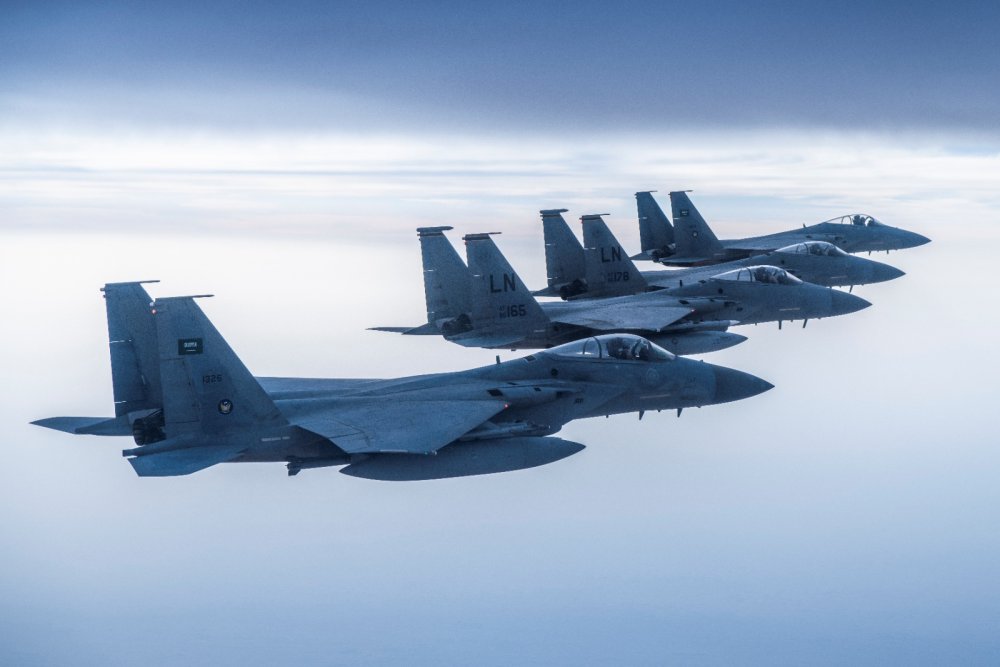




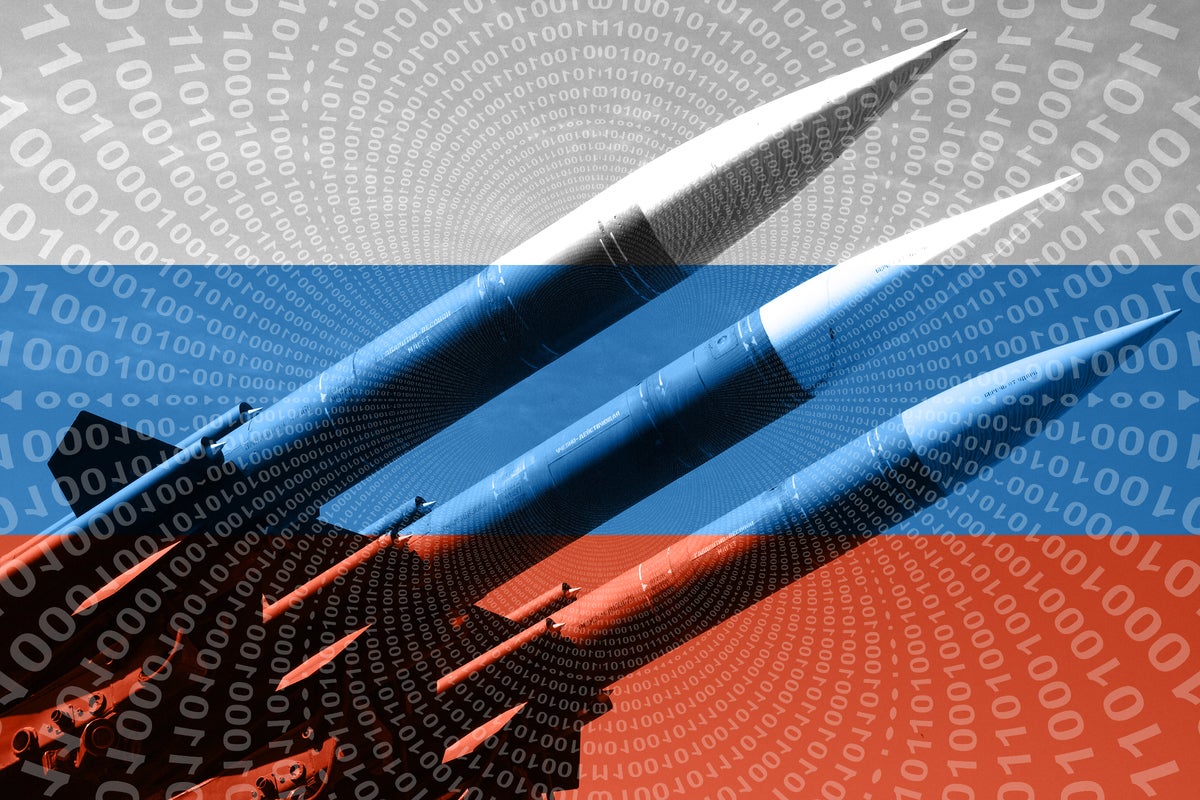
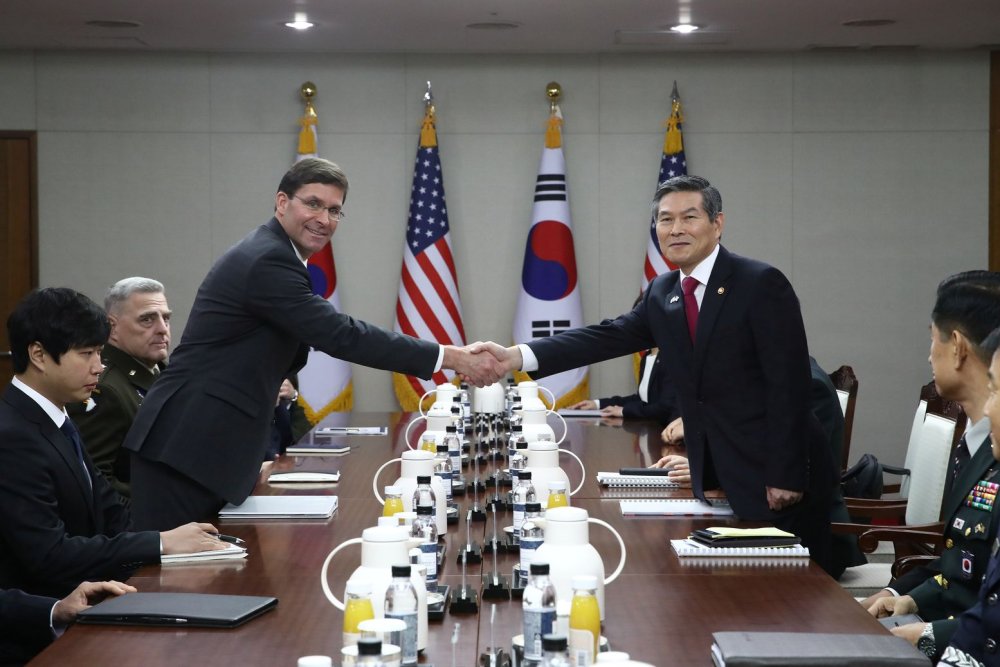





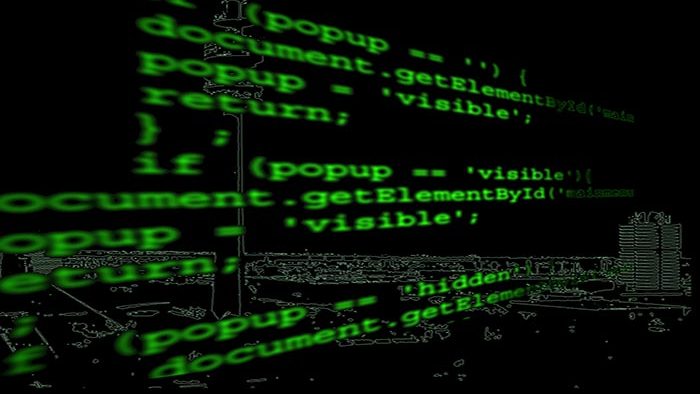

/arc-anglerfish-arc2-prod-mco.s3.amazonaws.com/public/VAA5LWGHBRCWVBIJ4QAYYURLRQ.jpg)
